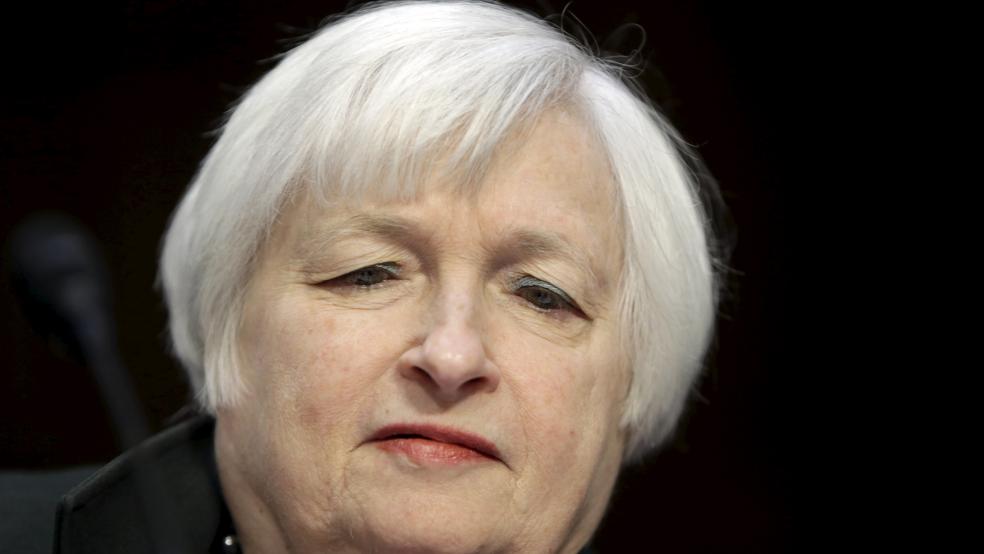The Federal Reserve this week could make it harder for more than nine million Americans to pay their credit card bills next month.
Up to 92 million Americans will see an increase in monthly payments on certain debts such as credit cards if the central bank hikes the federal funds rate by a quarter-point on Wednesday, according to a TransUnion analysis released this week. One in 10 of those Americans will struggle to pay the higher amounts.
Credit cards, home equity lines of credit, adjustable-rate mortgages and some personal loans have variable interest rates that follow the Fed funds rate.
Related: The Federal Reserve Bank, Explained
About four in five of consumers exposed to a rate hike would see their monthly payments go up by less than $10. The average increase would be $6.45.
“The good news is that 90 percent of impacted consumers will be able to manage it,” says Nidhi Verma, senior director of research and consulting at TransUnion. “They would need to make only a few adjustments in their household spending to absorb the increased payment.”
But almost 12 million people would see their payments rise between $10 and $25; another 3.7 million will experience an increase between $25 and $50; and 9.2 million will get a $50 or more increase in their monthly payment.
Overall, 9.3 million will have financial difficulty in making their new, higher payments, according to TransUnion, which used consumers’ past payment behavior to determine who had a financial cushion to absorb an increase.
Related: Why It’s Time for the Fed to Green Light a Strong Stimulus
Verma says consumers can prepare now for a rate hike, whether it occurs this week or in future months. First, understand the kind of debt you have and whether the interest rate is variable and tied to the Fed funds rate. (Some variable rates are tied to LIBOR, a different benchmark rate.)
Then, consider your payment behavior. If you pay your credit card balance in full every month, you won’t be exposed to any interest-rate hike at all. But if you pay just the minimum or only part of the balance, you will feel the effects of a rate increase.
If your payment will go up, think of ways to manage it such as cutting out a meal or two at a restaurant each month, or downgrading your cable subscription to a cheaper plan. Longer term, consider refinancing an adjustable-rate mortgage into a fixed-rate one to avoid future increases. If you can’t handle any rise in payments, call your lender to see if you can get a lower interest rate.
“Lenders are much more proactive now in helping consumers manage payments,” Verma says.





